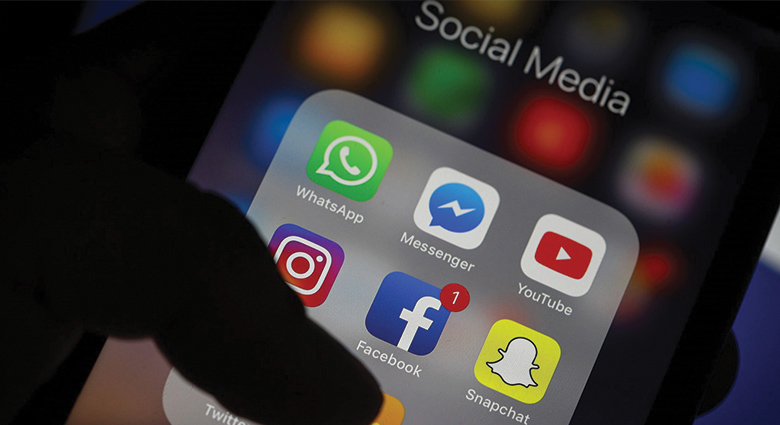
Our laptops and computers ensure that all of our important data, both personal and professional, is easily accessible, which is a good thing, but we have to be cautious at the same time.
If we’re not careful, our devices could be accessed by cyber criminals who use technology to commit malicious activities with the intention of stealing sensitive info or personal data, and generating profit.
Make sure you know how to use your devices safely to keep that data secure. Here are a few possible threats that you should keep an eye out for:
Phishing is designed to trick you into giving up information by pretending to be from a trusted source, like your bank. Attempts at phishing can come in the form of phone calls, emails, or on social media.
Malware is malicious software designed to infiltrate your devices. It can be spread any number of ways, from opening attachments in emails to clicking on suspicious links. Once malware is in your device it can:
- Intimidate you with false pop-up messages that say your computer has a security problem
- Erase your computer’s hard drive
- Alter or delete files
- Steal sensitive information
- Send emails on your behalf
- Take control of your computer
Hacking is any action taken to get unauthorized access to a device. Once a hacker has access to your computer, they can access any information stored on it, like passwords or sensitive documents.
Always be careful when clicking links and avoid opening files from unknown sources.
If your computer or laptop is infected with malware, it can give cybercriminals a back door to enter.
Leave a Reply
You must be logged in to post a comment.